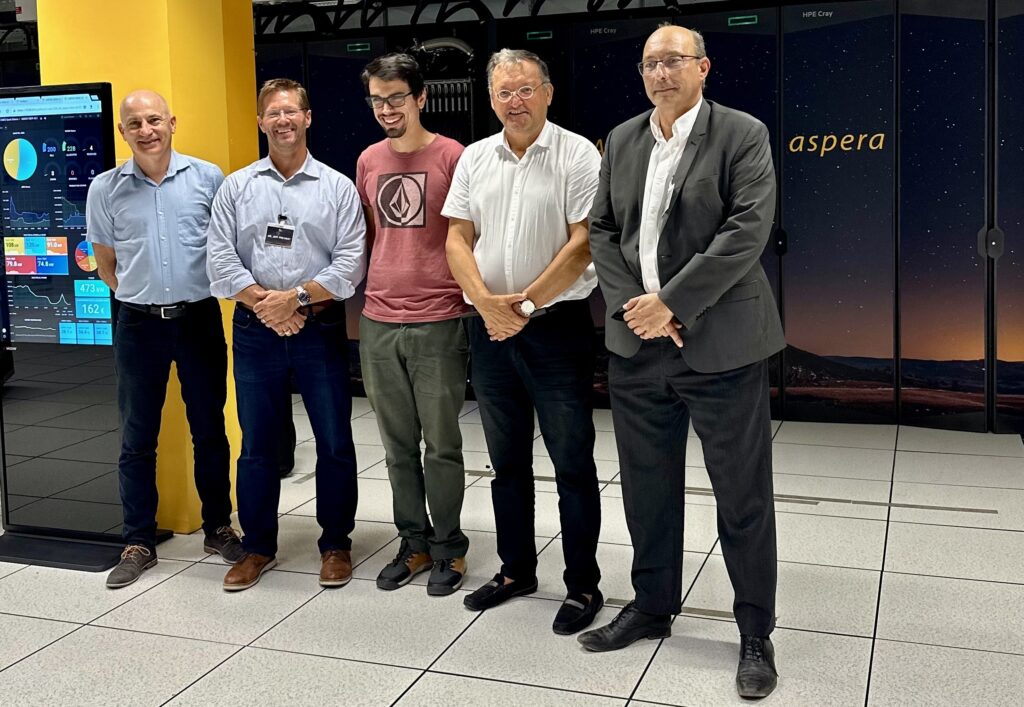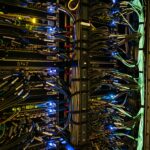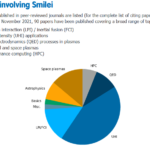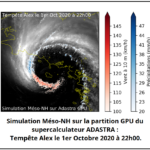Interview de Jeff Prevost

Le CINES a eu le plaisir d’accueillir le Docteur Jeff Prevost, professeur à « The University of Texas » at San Antonio et également directeur exécutif et co-fondateur de « The Open Cloud Institute » ainsi que vice-président de l’Institut pour la Sécurité des Architectures Cloud, CyManII, Cybersecurity Manufacturing Innovation Institute.🔎
Suite à sa visite, il nous a accordé une interview :
- What are the important challenges in exascale supercomputers for you?
Moving optimization into the underlying plumbing of the system. Having more intelligent compilers that can determine where and how to run programs for the most efficient outcomes.
- How do you see the arrival of quantum computers and their articulation or coexistence with current supercomputer technologies?
The next natural step is the integration of NISQ systems, both quantum gate model and annealing, into the fabric of HPC. This will be done as a co-processing architecture initially. Whether or not we get to general computing on quantum remains a future question.
- Are the issues surrounding artificial intelligence, such as generative AI, likely to modify the roadmaps for calculation and data management?
Large scale language models have and will change the landscape for computing. The integration of LLM into HPC will drive new architectures that focus on both energy and scale (such as Adastra 😉). Sustainable computing at scale will be more important in the future, and will eventually be demanded from the public.
- What do you remember from your visit to CINES?
“Through hardship to the stars”. Great quote.It was both inspirational and motivational. My research continues to investigate ways to connect systems such as what you have at CINES directly to the edge. I see this as the Democratization of HPC.




